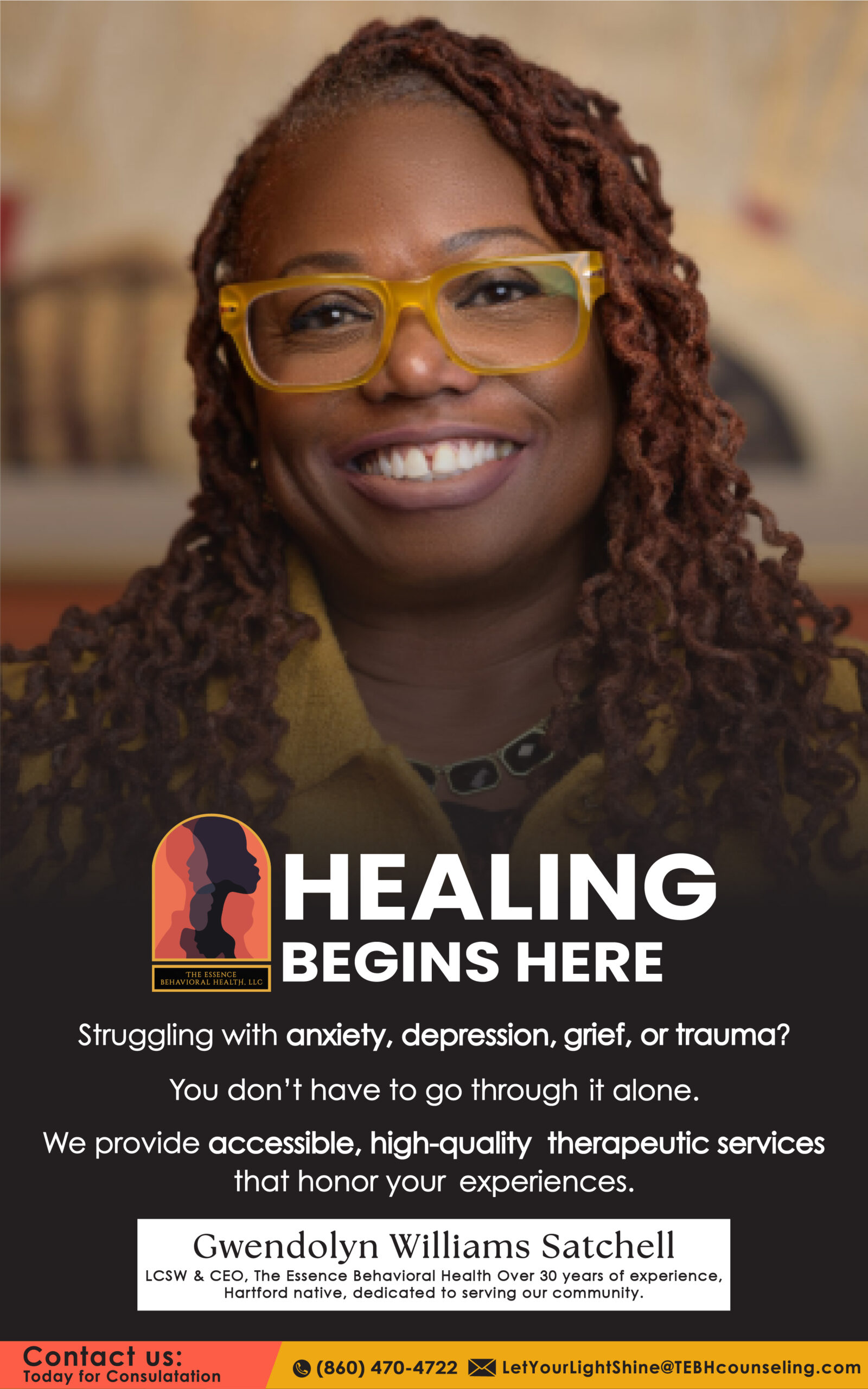By Ahtiya Liles
The portrayal of the Black man experience is often colored by White Supremacist views, offensive stereotypes, and a lack of authenticity and effort; however, Black men authors are (and have been) taking back their narrative for decades through the art of literature. As lovers of literature and equity, we must make a concerted effort to uplift the variety of Black men experiences. Here are 5 of my favorite books that are written by Black men:
- Razorblade Tears by S.A. Cosby tells the story of two grieving fathers, one Black and the other white, who team up to avenge the murder of their married gay sons. Fast-paced and propulsive writing provides shocking twists and dynamic characters. S.A. Cosby once again gets to the root of characters, especially Black men. S.A. Cosby created yet another well-rounded Black man protagonist in Razorblade Tears and doesn’t shy away from conversations on the complex relationship between Black masculinity and toxic masculinity; love, brotherhood, and fellowship between Black men; and the richness of community and sanctity of loyalty. If you’ve already read Razorblade Tears by S.A. Cosby, I’d also recommend his works Blacktop Wasteland and My Darkest Prayer.
- Ring Shout by P. Djèlí Clark is an historical horror fiction set in an alternate America right after the horrifically racist film “Birth of a Nation” spawns physical manifestations of white supremacist hatred called Ku Kluxes and one woman her fellow resistance fighters must stop their rise. This is an inventive concept paired with the descriptive writing that dreams (or haunting nightmares) are made of. The way in which Clark brilliantly tells the story allows readers to visual the monsters and distorted world with such sharp clarity. The combination of real horrors such as racism and the KKK mixed with fantastical horrors of Klu Kluxes around eye sockets with teeth is bone-chilling but readers will be unable to stop reading. If you’ve already read Ring Shout by P. Djèlí Clark, I’d also recommend his work A Master of Djinn.
- Not So Pure and Simple by Lamar Giles is a Young Adult novel that follows a teenage Black boy who finally has the chance to lock down the girl of his dreams and accidentally ends up entering his church’s purity pledge just to get into her good graces. This is one of those YA novels that can teach something to both its intended audience of teen readers and older adult readers. Not So Pure and Simple tackles so many important topics: toxic masculinity, ingrained misogyny, the varying degrees and complexities within Christianity, the importance of sex education in schools, and more. At first, readers might be a bit turned off by the protagonist, but then you realize he is a product of our society, the one that tells boys they have to be sexually active and teaches them to “go get girls” like they’re conquests. What’s masterful about Giles’ writing is that the protagonist goes on a journey and is checked on his toxic masculinity and entitlement several times; it’s a sneaky way to send a message to the audience that needs it most, and it’s brilliant.
- The Tradition by Jericho Brown is a searing poetry collection that dives into the complexities of family relationships, the impact of white supremacy on Black people, and the intersectionality of sexuality and identity that will make you want to grab your highlight, pen, and sticky notes and analyze every line. Brown’s haunting and needle-sharp writing is a masterclass on how to encapsulate grief, anger, happiness, and emotion in such short lines. The writing is captivating and beautiful, and both Brown’s short- and long-form poems are equally spectacular.
- Open Water by Caleb Azumah Nelson follows the love story of two young Black British artists who are both trying to make it in their respective fields amidst feelings of imposter-syndrome and simply existing while Black. Delivering a simultaneously nostalgic-feeling and modern relationship between two young Black people, Caleb Azumah Nelson gifts us with beautiful episodic prose that will make you want to reread passages. Paired with the bold choice of telling this story in 2nd person, Nelson masterfully uses repetition and cyclical writing to hammer points and finds a variety of ways to capture the beauty and essence of being in love while Black. Open Water deals with themes of loneliness, Black manhood, Blackness in a White supremacist society, falling in love, and mental health. It is a love letter to Black love, Black music, Black film, Black art, and Black PEOPLE.
If you’re looking for more Black men to add to your TBR (To-Be-Read) List, I hope this list has provided you with a nice starting point in which to guide your journey further into the literature of Black men.
Happy Reading!





